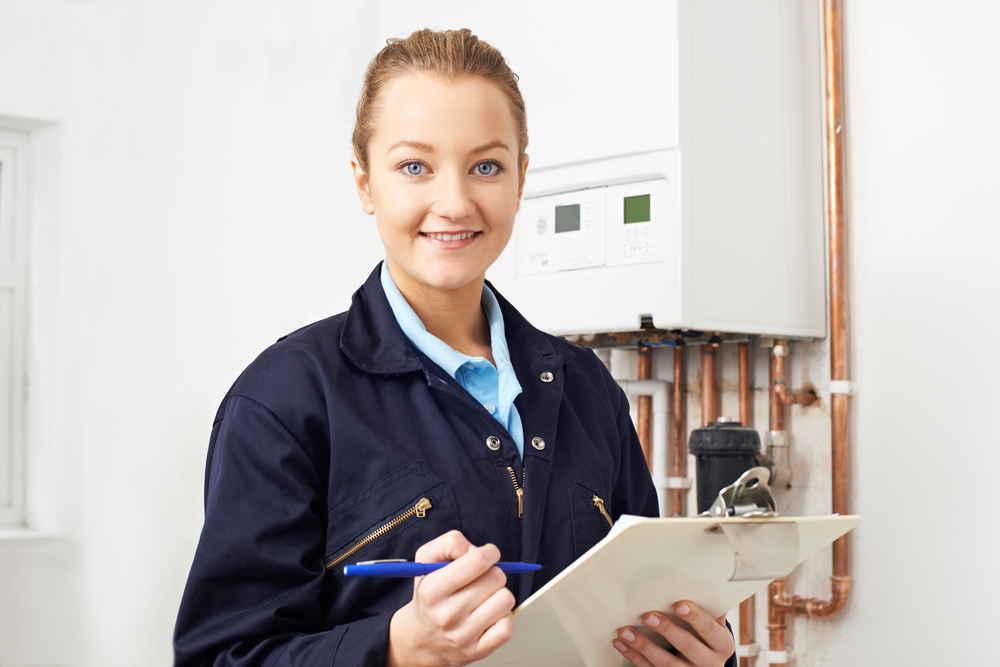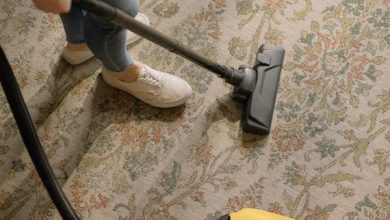
7 Top Gas Safety Tips for Homeowners
Negligence in the maintenance and upkeep of gas appliances can lead to severe accidents, putting your life at severe risk. No doubt, access to energy enhances our quality of life, but it also entails many dangers.
Improper gas cylinder storage, poor hose connection, or corroded pipes are some well-known sources of risk. According to Statista, gas is the most common method of heating in the UK, with over 80 percent of homes using gas as a prime heating source.
Unfortunately, most human deaths from carbon monoxide poisoning occur in homes. Specifically, the kitchen or fireplace is more prone to gas hazards. If carbon dioxide leaks into the atmosphere, it replaces the oxygen of your red blood cells and causes oxygen depletion (asphyxiation).
So it is recommended to be mindful while dealing with gas appliances at your home. Here we have mentioned 7 essential tips to protect yourself from the latent dangers of gas;
1. Perform Regular Maintenance and Annual Gas Safety Checks
The most important tip for homeowners is to have your gas appliances checked regularly by a licensed engineer. If you are a tenant, ask your landlord for updated gas safe certification. In the UK, landlords have a legal responsibility to conduct gas appliance safety checks every year.
For safe living, getting your property checked every year is extremely important. Doing this will not only meet legal obligations but will also prolong your valuable life
2. Install Carbon Monoxide Alarm
It is quite difficult to identify carbon monoxide gas leakage because of having no color, odor, or taste. A carbon monoxide alarm must be installed to catch leakage of a gas having such properties. We recommend installing these alarms in or near your bedrooms so alerts can be heard at the most vulnerable times of the day.
Take carbon dioxide alarm near the stove and boiler. If it beeps, then surely the gas is leaking unintentionally. Do not panic in such a situation; turn off if any appliance is burning, ventilate the area and immediately inform the gas safety engineer.
3. Know the Location of the Shut-Off Valve
Every gas meter contains a main gas shut-off valve. In emergencies like gas leakage, you must turn off the shut-off valve first off.
So you must know where this valve is located in your home. In most cases, it is located on the pipe coming up from the ground at the meter. Rotate the valve in a quarter to turn it off.
Once you have shut off the valve, do not try to turn it on by yourself. Ask a professional safety engineer to inspect your house to ensure no traces of the gas are left.
4. Safely Lit Pilot Lights
A small flame is burned constantly in certain gas-fired appliances such as the furnace, fireplace, and heater. The purpose of the pilot light is to provide an ignition source for the gas coming out of the main burner.
This pilot light can also extinguish unintentionally. Old appliances lack a shut-off valve that stops gas from flowing to the pilot light when it is not lit.
It is a common source of gas leaks, so it must be maintained properly. For example, if you notice any gas buildup around the pilot light, turn off the shut-off valve of a pilot light.
Ventilate the area to disperse the gas, and then relit the pilot light. If you find any difficulty in relighting it, contact any gas utility near you for assistance.
5. Ensure Proper Ventilation of Gas Appliances
Some gas appliances need proper ventilation, such as Gas furnaces, water heaters, and some gas fireplaces must be vented well to the outdoors.
These appliances need careful handling as their airflow must be clean from any hurdle. Never place anything near a gas appliance that interrupts normal airflow.
6. Avoid Following “Do It Yourself” Tutorials
Some people get passionate about installing gas instruments on their own after watching DIY tutorials. This approach might be tempting to save money, but doing this will put your life in immediate danger.
It is unsafe to install a gas appliance without proper training and knowledge. Unless you are a professional installation engineer, do not try to install any gas appliance by yourself.
Hired gas installation engineer must be a Gas Safe registered engineer. While taking services from gas engineers, ask them to show their ID cards as proof of being registered to the Gas Safe Register.
7. Do not Play Around with Your Gas Appliances
It might sound obvious, but playing around with your gas appliances or instruments means playing with your own life. You must ensure that these appliances must serve their intended use in your home and that no one tries to use them for other purposes.
For instance, turning on your stove to warm the surrounding is surely a fatal use. So, restrict the gas appliances to their specific use and do not try to mess with them.
Similarly, a malfunctioned appliance might serve its intended use but doing this continuously can lead to severe consequences. These appliances show warning signs which means their use must be stopped.
For instance, a slow yellow flame, stains on the appliance, or increased condensation is a noticeable warning. In such cases, stop using the gas appliance and contact an expert to get the appliance checked.
Conclusion for 7 Top Gas Safety Tips for Homeowners
When your home gets a gas supply, some potential dangers come alongside it. Gas leakage, fire, and explosion are some of the common gas-related hazards, causing severe loss of your life and property.
But you must have heard, “A stitch in time saves nine.” So taking proactive measures such as regular gas appliance inspections, safe handling and storage, proper ventilation, and use of gas detectors will avoid any catastrophe.
Further Reading:
- The official list of gas engineers
Author Bio:
Shoaib provides ghostwriting and copywriting services. His educational background in the technical field and business studies helps him in tackling topics ranging from career and business productivity to web development and digital marketing. He occasionally writes articles for gas safety certs.




